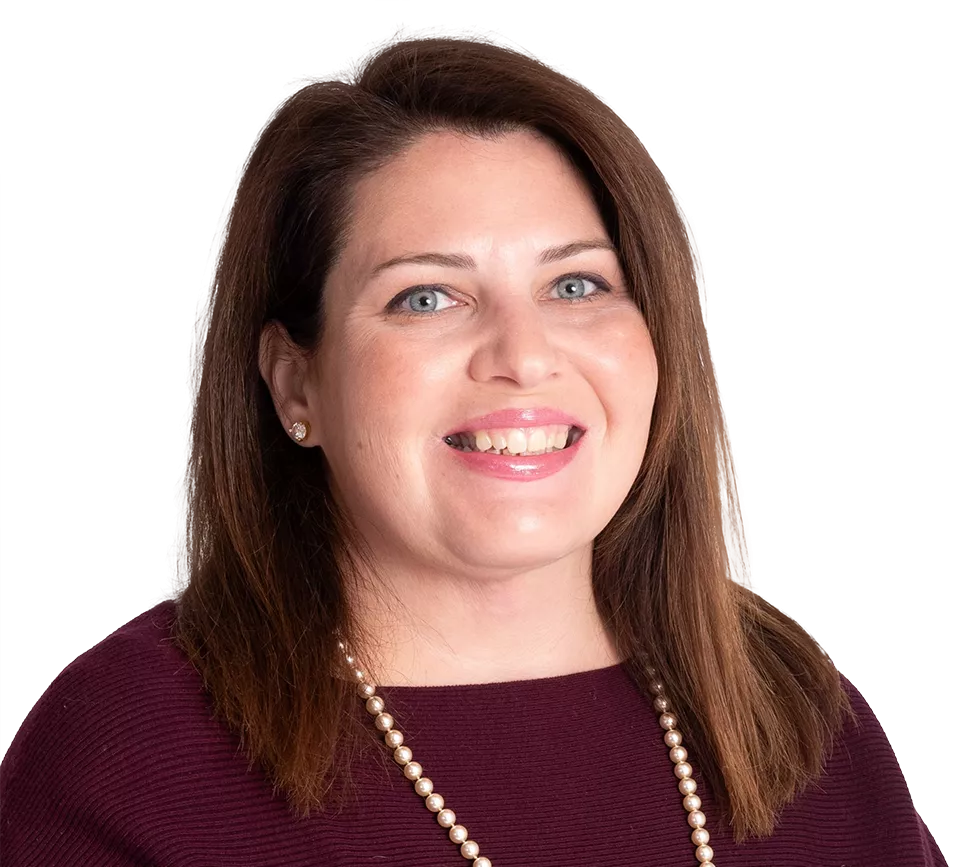

- M.S., Fire Protection Engineering, University of Maryland, College Park, 2016
- B.S., Fire Protection Engineering, University of Maryland, College Park, 2014
- Professional Engineer, Georgia, #PE052732
- Professional Engineer, North Carolina, #047940
- Certified Fire and Explosion Investigator (CFEI)
- Certified Vehicle Fire Investigator (CVFI)
- Healthcare Facilities – A Holistic Fire Protection Approach, Society of Fire Protection Engineers (SFPE) webinar, December 14, 2021.
- Linear Heat Detection and Design and Use in Modern Applications, Society of Fire Protection Engineers (SFPE) webinar, December 14, 2021.
- DRI Fire Science and Litigation Seminar, September 9-11, 2021 (speaker and fire protection demonstration room coach).
- Vehicle Fire Investigation Training Program, National Association of Fire Investigators (NAFI), September 16-19, 2019.
- Asbestos Awareness Training, in accordance with OSHA 29 CFR 1910.1001, 29 CFR 1915.1001, 29 CFR 1926.1101, 40 CFR Part 763 G, and State OSHA/EPA Regulations, April 24, 2019.
- Certification in Hazardous Waste Operation and Emergency Response through completion of OSHA 40-hour HAZWOPER course, in accordance with 29 CFR 1910.129(e)(3).
- International Associated of Arson Investigators (IAAI)/CFITrainer.net:
- • Understanding Undetermined, November 20, 2019, 3 hour tested training
- • Critical Evaluation and Testing of Commonly Reported Accidental Causes, November 20, 2019, 3 hour tested training
- • Charting Your Career Path in Fire Investigation, November 20, 2019, 3 hour tested training
- • 2019 ITC Vehicle – Electrical Systems & Hot Surface Ignition Heat Sources, April 29, 2019, 2 hour tested training
- • 2019 ITC – The Impact of Ventilation on Fire Patterns in Full-Scale Structures, April 29, 2019, 2 hour tested training
- • 2019 ITC – Spontaneous Heating Fire with Vegetable Oils-Fats, April 29, 2019, 2 hour tested training
- • 2019 ITC – Patterns of Heat Flow and Melted Conductors, April 29, 2019, 4 hour tested training
- • 2019 ITC – Marine Surveying for Fire Investigators, April 29, 2019, 2 hour tested training
- • 2019 ITC – Investigating Natural Gas Events, April 29, 2019, 4 hour tested training
- • 2019 ITC – Flame Jetting Awareness and Investigative Challenges, April 29, 2019, 4 hour tested training
- • 2019 ITC – Explosions and Bombings: A Fire Investigator’s Perspective, April 29, 2019, 2 hour tested training
- • 2019 ITC – Arc Mapping: New Technology or Myth & Copper Conductor, April 29, 2019, 4 hour tested training
- International Association for Fire Safety Science (IAFSS) Phillip Thomas Medal of Excellence – paper titled “Water Mist Suppression of a Turbulent Line Fire.” The Philip Thomas Medal of Excellence is awarded to the author(s) of the best paper presented at a previous IAFSS Symposium.
- International Association of Arson Investigators – IAAI (member)
- National Association of Fire Investigators – NAFI (member)
- National Fire Protection Association – NFPA (member)
- Society of Fire Protection Engineers – SFPE (member)
Ms. Keller is a licensed fire protection engineer that leverages her fire protection engineering expertise to assess and analyze building fire protection and life safety systems, evaluate the fire performance of various materials and products, and conduct origin and cause determinations for residential, commercial, and industrial fire and explosion events.
Ms. Keller's training and practical experience includes design and testing of automatic fire suppressions systems, fire pumps, and fire alarm systems; design and review of inert gas and clean agent fire suppression systems; national, state, and local fire and building code compliance; material fire performance; fire testing; and fire origin and cause investigations.
Ms. Keller provides expertise in the evaluation, inspection, and maintenance of residential, commercial, storage, manufacturing, and industrial occupancies and products for code compliance in accordance with National Fire Protection Association (NFPA) codes, International Code Council (ICC) codes, and state and local jurisdictions. Ms. Keller also uses her diverse background to investigate failures of wet, dry, pre-action, and deluge automatic sprinkler systems, including root cause failure analysis, water infrastructure and supply analysis, hydrant flow testing, sprinkler system water demand and water delivery analysis, construction and as-built drawing review, inspection, testing, and maintenance requirement analysis. This includes failures of automatic sprinkler systems to operate or perform in the event of a fire and inadvertent operation due to rust/oxidation, freezing, excessive heating, and mechanical damage. In addition, Ms. Keller has investigated fires involving operational failure of commercial kitchen and cooking fire protection equipment and cooking ventilation systems (hood, duct work, fans), fire alarm and detection systems, fire extinguishers, and consumer products. Her experience also includes the evaluation, inspection, and maintenance of buildings, facilities, hazardous materials including flammable and combustible liquids, flammable solids, flammable gases, oxidizers, and products for code compliance. Ms. Keller has also investigated explosions and fires involving the alleged failure of natural gas and liquefied petroleum (LP) regulators, gas piping systems, and cylinders.
Ms. Keller has a has both small- and large-scale fire research and testing experience with numerous national and international testing protocols and methods, including those published by the ASTM, NFPA, FM, UFAC, ISO, UL, and in the CFR.
Prior to joining Exponent, Ms. Keller worked as a Senior Fire Protection Engineer (Lead Consultant, Fire and Life Safety Engineer) for an internationally recognized multi-disciplinary engineering firm focused on the design and engineering of complex building systems. In her previous role, Ms. Keller performed fire suppression, alarm, and life safety system consulting, design, testing, and coordination with architects, owners, and the authorities having jurisdiction (AHJs) at the local, state, and federal levels.